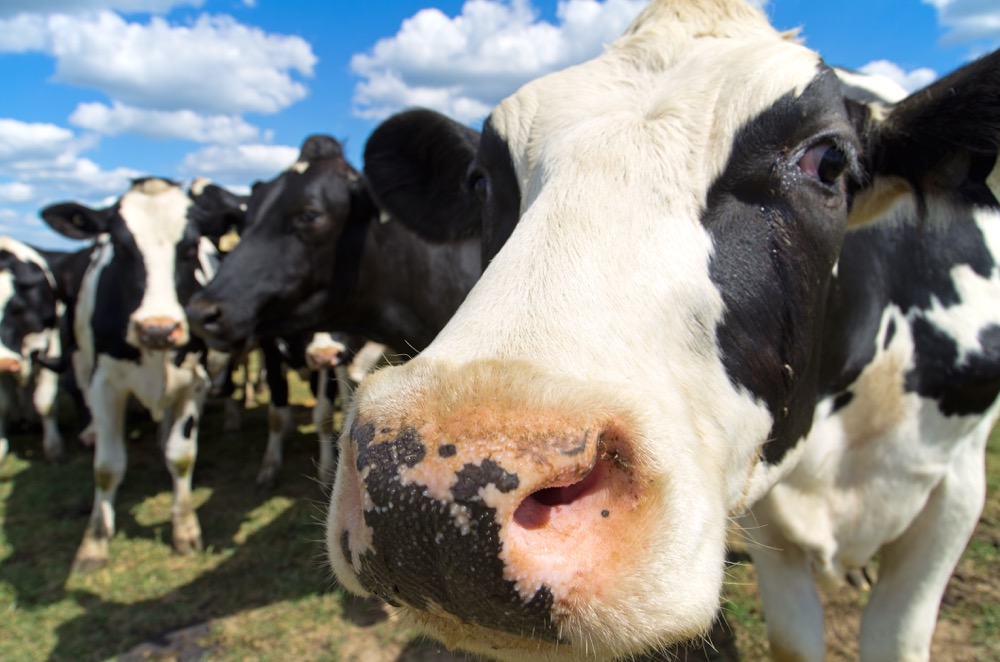Nature is the great equalizer.
In just three months she took the world from assured continuance along the path of globalization and commercialism to world recognition of one simple fact — we all need to eat.
For many years, there have been calls to recognize the importance of agriculture. I have been in that camp, advocating that agriculture is an essential service and in need of recognition, particularly in terms of addressing its faulty global infrastructure.
Often, from a global perspective, calling attention to farming was masked as needing more food — a scare tactic. We always had more than enough. What we did not have was access to food, as this is what many persons on limited income, in remote areas, with disabilities, in developing countries and in areas of conflict may struggle with.
Read Also

The great food summit adventure
Alberta Farmer columnist Lee Hart attended the Food Leadership Summit in Calgary, where about 400 ag industry players gathered for the new annual conference.
Reduced access to food is new to most Canadians and many felt challenged and panicked recently when faced with the perceived possibility of food shortages.
- More with Brenda Schoepp: Artificial intelligence is everywhere, and it’s just getting started
We are not short on food but continue to have interruptions in manufacturing and distribution and other areas of critical infrastructure. This will resolve itself over time for as we find in all areas of business, change happens when there is an incentive or greater purpose to do so.
Perhaps never before in Canadian history has there been such an awareness of the entire food system, and this is a pivotal point.
There is a grand appreciation for food service, food retail workers, trucks, ships and ports, tracking systems, food processors, foreign workers, scientists, technology, trade agreements that allow for imports and exports, policy and for farmers. Food systems include all these critical streams.
It is not time, however, to get smug and stand at the farm gate proclaiming the importance of food production.
Before and after the farm are people and processes that make it all possible and it is prudent to fully appreciate each other’s role and intersectionality in making the Canadian food system work. No one person is more important than the other. The potatoes from the farm do not sell when trucks stop rolling, lines are shut down or retail closes the door. Manufacturing is critical in the food space to keep demand for farm products rolling.
People are the pulse of food systems throughout the whole of it, especially in further processing. Having high standards in regard to health, safety and fair treatment of those workers needs to be a primary goal.
In my research on food systems, I identified that nationalization will challenge globalization in the near future. This is what we will see in the days ahead.
Through crisis, Canadians are learning new ways of doing what keeps food and food processing at the heart of the economy. The exportation of our nutrition will be more focused, with national interests trumping international pressure to trade. This does not mean that Canada will give up her space as the jewel of the future for food production, processing and trade. Rather the time calls for deeper introspection and a defined role of our nation in terms of all things possible.
And what is possible now?
First, there will be a shift at the grassroots level toward increased independent and local food production. I have seen this already happening and it may put more money into the hands of producers.
However, this will not attract the majority of investment dollars. As fast as gardens are grown, so will investment in technology to ensure longer shelf life, more appealing foods and greater supplies. The outcome could look like a dual food economy.
Enhancing rural infrastructure to attract investment in food systems will be a strong segment of food policy moving forward. It has to be. The space, knowledge, capability and resources (such as water) are in the country. This doesn’t have to mean a belching factory in your small town but may reflect stronger support for small- to medium-size enterprises that can ensure local supply. Much like the models in Holland, local municipalities will want to keep food production and value adding nearby to ensure food supply and jobs during times of crisis.
Other industries may try to compete with the food chain in terms of government attention but nutrition is a part of health, and agriculture is a part of all things including food and drink, supplies, clothing, fuel, medicine, makeup and a host of manufactured products such as computer circuit boards (chicken feathers can be turned into a bioplastic for circuit boards) or crayons. The list is long and impressive.
Now more than ever, all that a farmer produces garners attention to what it is and what it could be. How will the food system as a whole respond to these and many new opportunities?
Human nature is interesting and although there may be a division in beliefs, we tend to agree on one thing — we do need to eat. We have been given abundance, creativity and now opportunity to collaboratively change the course of history and secure food production and all the elements of the food system as the centre of our national economy. This we can do.
















